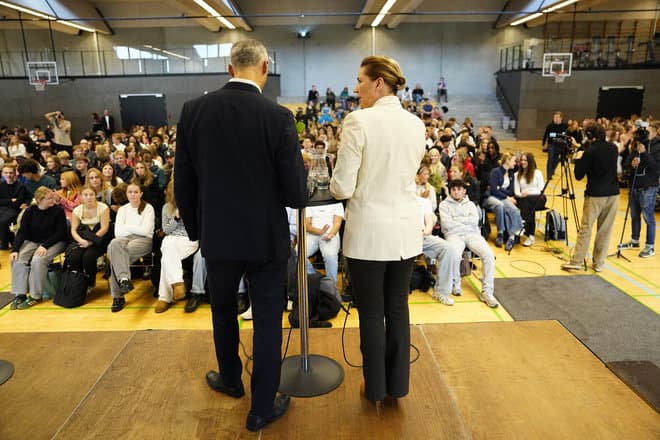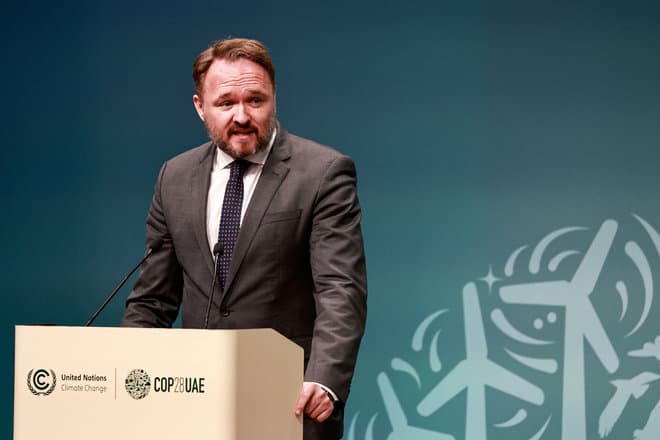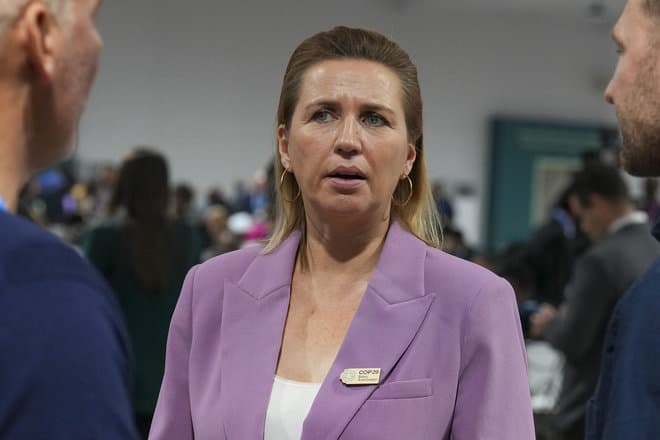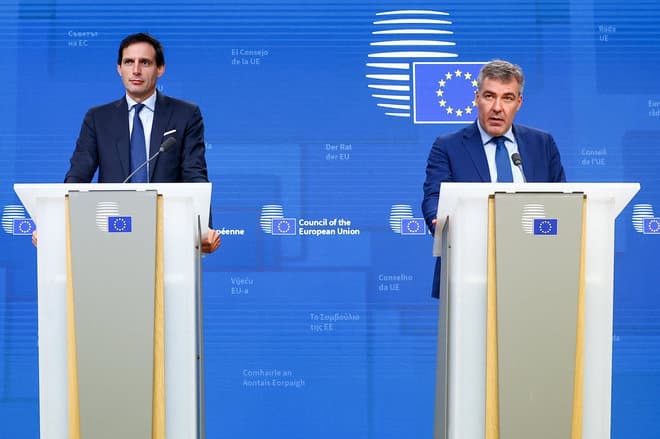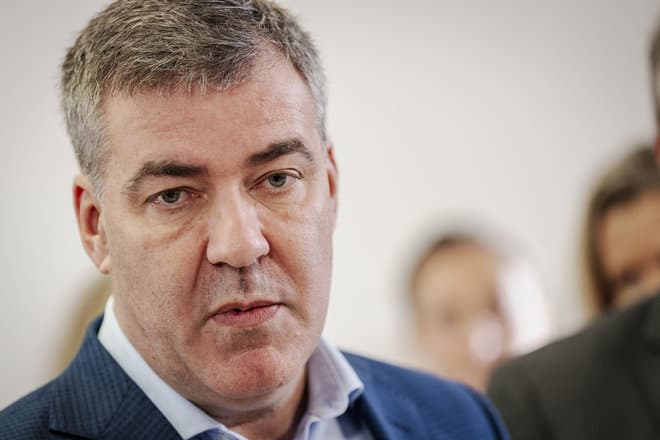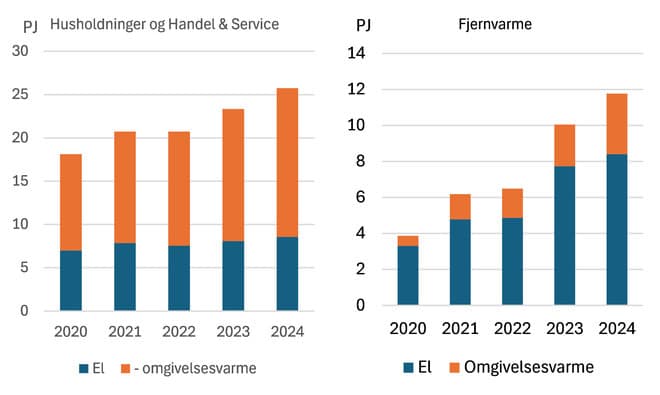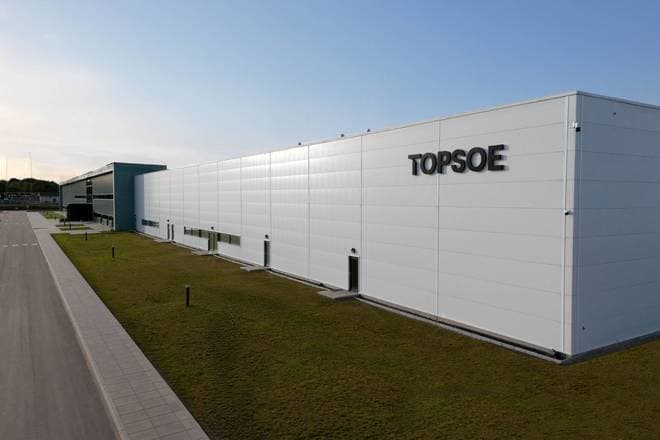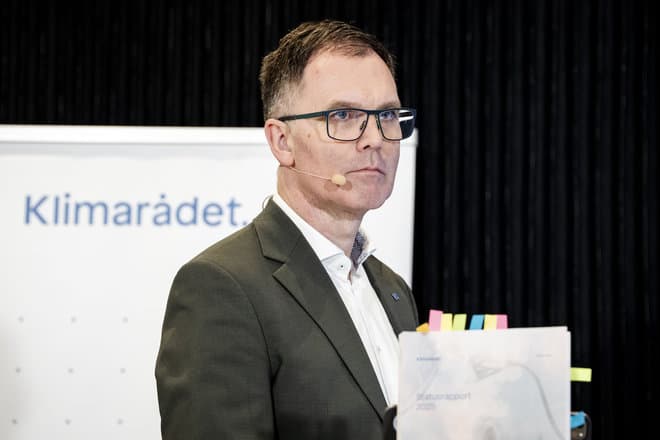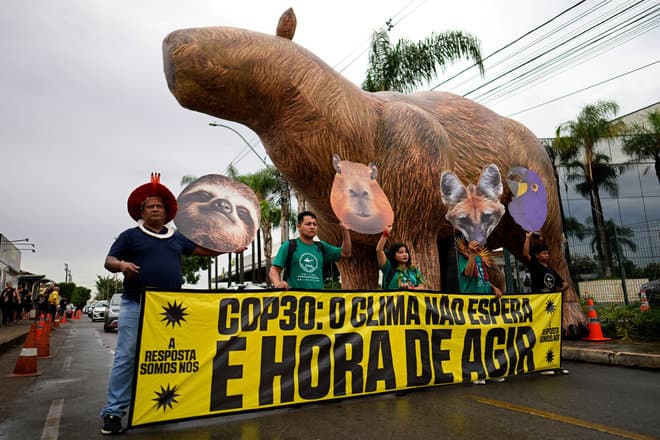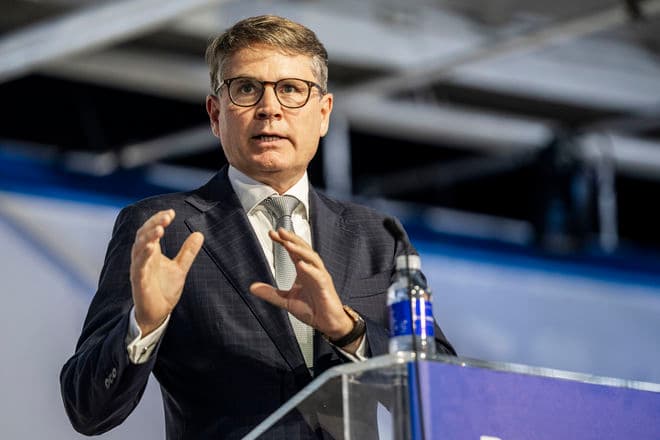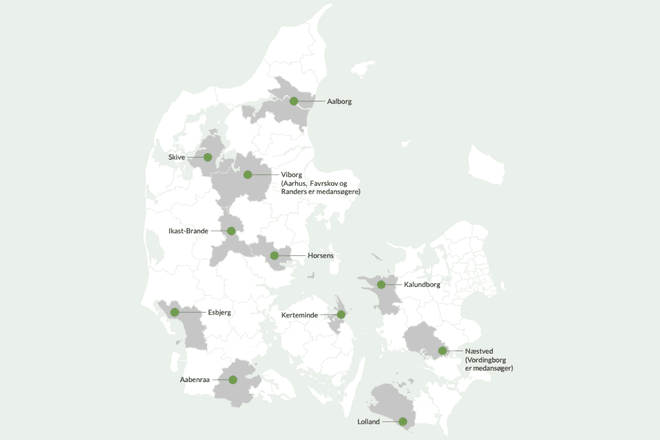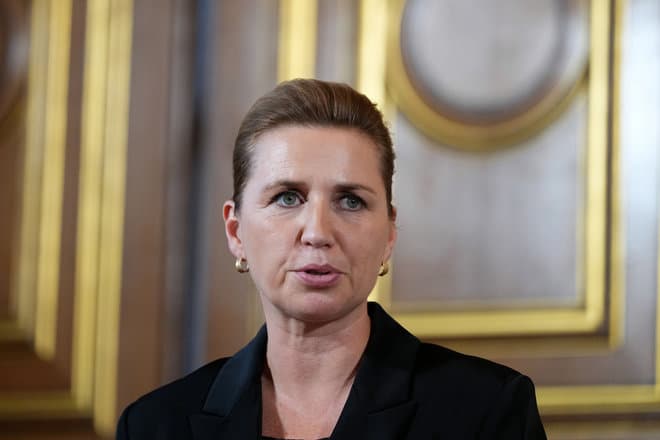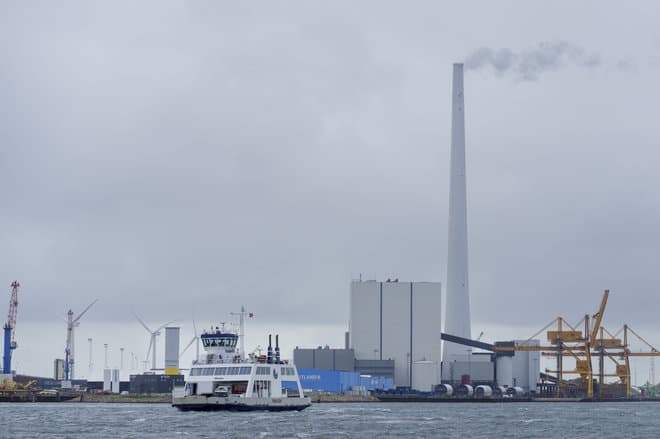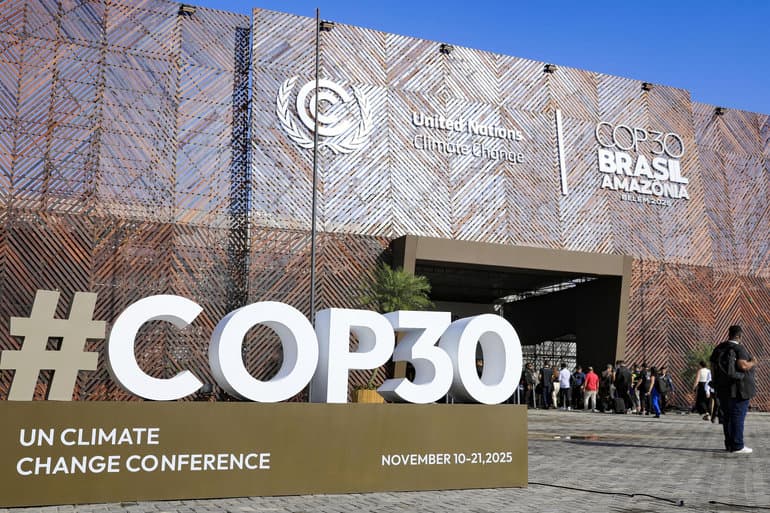
Ten years ago, climate optimism began to sprout. The almost 200 countries in the UN reached a groundbreaking agreement when they agreed on the Paris Agreement at the COP21 climate summit in the French capital, Paris. With the agreement, the world's countries committed to specific goals to reduce global warming.
The goal of the Paris Agreement is temperature increases of no more than 2.0 degrees - and preferably below 1.5 degrees - compared to pre-industrial times, when we started burning coal and oil. An ambitious direction was set. But the world's countries have not followed suit. That much is clear ten years later.
On Thursday and Friday, heads of state and government kicked off this year's UN climate conference, COP30, in Belém, Brazil, before two weeks of negotiations on the future direction of the climate begin in earnest on Monday. The optimism of a decade ago has been replaced by pessimism and disheartening messages.
UN Secretary-General António Guterres opened the meeting and addressed world leaders with serious words. He stated that the world will fail in its attempt to keep global warming below 1.5 degrees. A goal set to avoid the worst consequences of climate change.
- This is a moral failure - and fatal negligence, Guterres said according to AFP.
However, he has still not given up on the goal of 2.0 degrees. But it requires governments around the world to immediately reduce the burning of fossil fuels and increase the protection of nature.
Report: Current policies lead to a temperature increase of 2.8 degrees
A report from the United Nations Environment Programme, released on Tuesday, showed that with existing policies, the temperature by the end of this century will be 2.8 degrees higher than before industrialization. If all countries meet their climate pledges, the temperature increase will be 2.3-2.5 degrees.
The annual report also said for the first time that the world - probably within the next decade - will exceed a 1.5 degree increase in the long-term temperature average.
Leaders from major economies such as the EU, Britain and France had gathered in Belém, which is located on the edge of the Amazon rainforest, to show that the international community can and will get the climate on the right track.
British Prime Minister Keir Starmer said that "Great Britain is all in" when it comes to the green transition. He also expressed concern that the global "climate consensus is gone".
This should probably be seen as an allusion to the fact that the world's second largest emitter of CO2, the United States, led by President Donald Trump, who denies climate change, will withdraw from the Paris Agreement in January.
The United States is not present at this year's climate summit. Some believe that this provides an opportunity to set a more ambitious direction. Others believe that the absence of the world's largest economy has a negative impact on the negotiations.
30 years of summits have had an effect
Brazil, which is leading the negotiations as the host country, hopes that the summit can underline that the fight against climate change is still a global priority despite wars and economic uncertainty.
In his opening speech, Brazilian President Luiz Inacio Lula da Silva proposed a roadmap to stop deforestation, reduce dependence on fossil fuels and mobilize economic resources to achieve these goals.
COP30 marks 30 years since global climate negotiations began. The first meeting was in Berlin, Germany, in 1995.
Over the past 30 years, the world has put a damper on the expected temperature increases. Without the climate summits, the world would be on course for temperature increases in 2100 of around 5 degrees, according to the UN's Intergovernmental Panel on Climate Change, instead of the current trend of up to 2.8 degrees.
/ritzau/
Text, graphics, images, sound, and other content on this website are protected under copyright law. DK Medier reserves all rights to the content, including the right to exploit the content for the purpose of text and data mining, cf. Section 11b of the Copyright Act and Article 4 of the DSM Directive.
Customers with IP agreements/major customer agreements may only share Danish Offshore Industry articles internally for the purpose of handling specific cases. Sharing in connection with specific cases refers to journaling, archiving, or similar uses.
Customers with a personal subscription/login may not share Danish Offshore Industry articles with individuals who do not themselves have a personal subscription to Danish Offshore Industry.
Any deviation from the above requires written consent from DK Medier.

